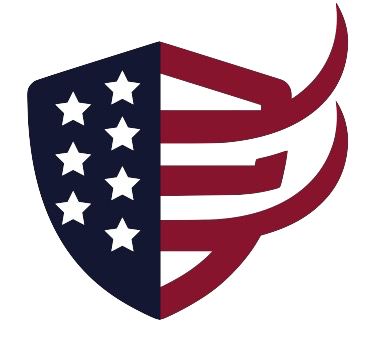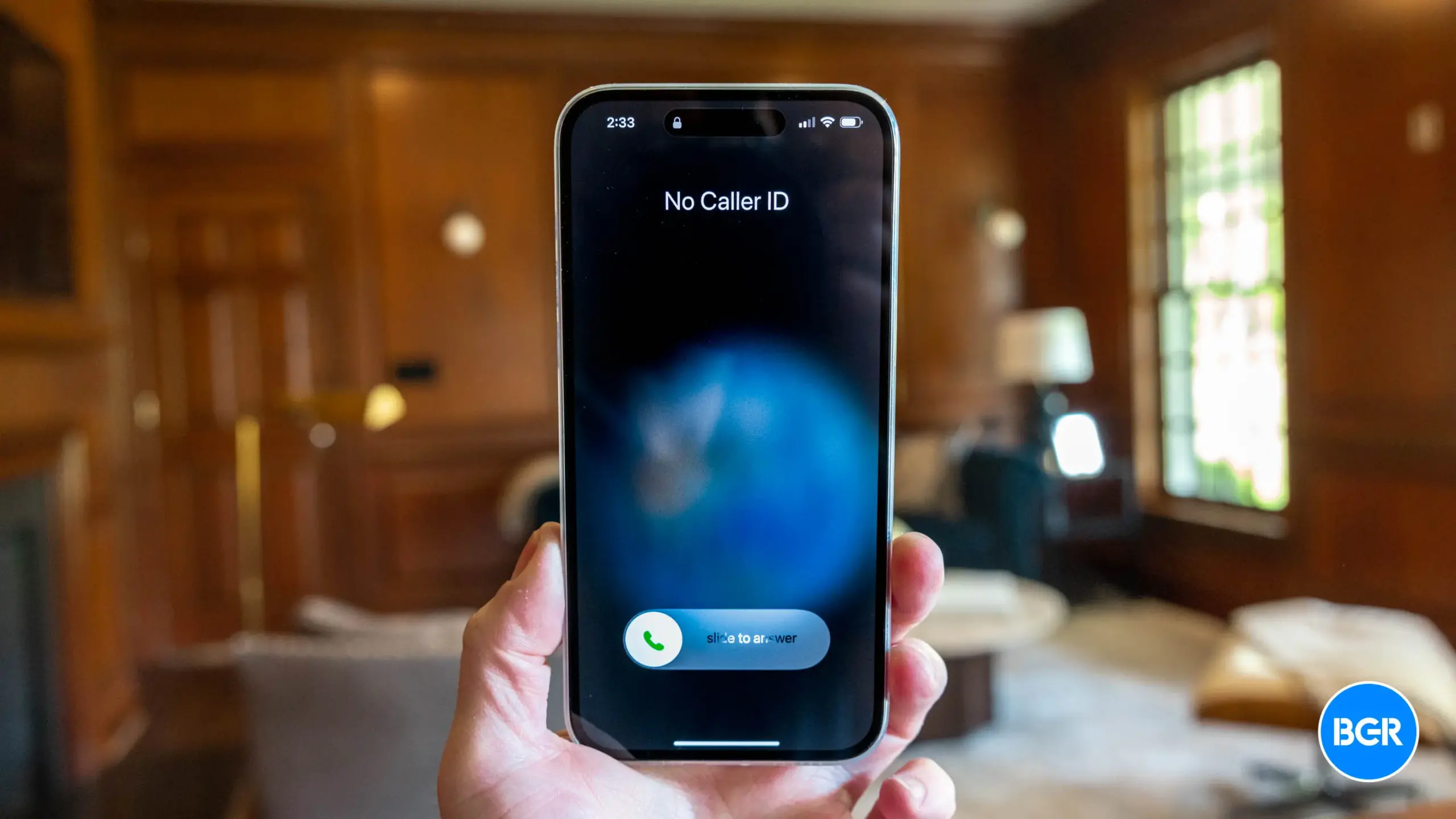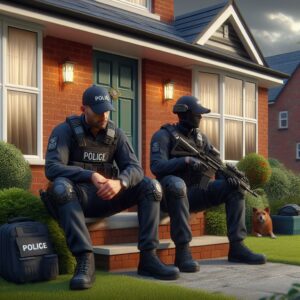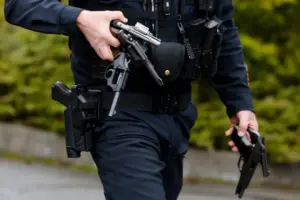Do Police Call from Restricted Numbers?
Short Answer: Q: Do police call from restricted numbers?
A: Yes, police can and do call from restricted numbers. Here are some reasons why:
Confidentiality: Police use restricted numbers to protect their own privacy and maintain the confidentiality of ongoing investigations. Revealing the number could lead to unwanted attention or even jeopardize the case.
Understanding Restricted Numbers
First, let’s discuss what a restricted number is.
When a phone call displays “restricted,” “private,” or “unknown” on your caller ID, it means that the caller has chosen to hide their phone number.
This can be done by entering a specific code or adjusting the settings on the caller’s phone.
While there are legitimate reasons for people to use restricted numbers, such as protecting their privacy, it can also lead to confusion and suspicion when receiving calls from unidentified sources.
Do Police Call from Restricted Numbers?
The short answer is: yes, police can and do call from restricted numbers. However, this isn’t a blanket statement, and the reasons for doing so can vary. Here are some scenarios when law enforcement officers might opt for using a restricted number:
Confidentiality
Police officers may use restricted numbers when working on sensitive cases to protect their own privacy and to maintain the confidentiality of ongoing investigations. Revealing the number could lead to unwanted attention or even jeopardize the case.
Undercover Work
When police officers are working undercover, they need to maintain their cover at all times. By using a restricted number, they can prevent their true identity and association with the police department from being discovered.
Protecting Victims and Witnesses
In certain cases, police officers might use restricted numbers when contacting victims, witnesses, or informants who are worried about their safety. This can help to ensure the individual’s anonymity and prevent potential retaliation from the suspect or their associates.
Avoiding Caller ID Spoofing
In recent years, scammers have used caller ID spoofing techniques to make it appear as though they are calling from a legitimate source, such as a police department. By using a restricted number, the police can avoid having their phone number spoofed and misused by criminals.
Legal Requirements
In some instances, there might be legal requirements that necessitate the use of restricted numbers by law enforcement. For example, if a law enforcement agency is conducting wiretaps or other electronic surveillance, they may need to use a restricted number to comply with legal restrictions.
Identifying Legitimate Calls from the Police
It can be challenging to verify the authenticity of a call from a restricted number. Here are some tips to help you determine if the call you received is from a legitimate law enforcement officer:
Ask for Identification
If you receive a call from someone claiming to be a police officer, ask for their name, rank, and the department they work for. You can then verify this information by looking up the department’s phone number (do not rely on the number provided by the caller) and calling them directly to confirm the officer’s identity.
Be Cautious of Requests for Personal Information
Legitimate law enforcement officers will not typically ask for personal information, such as your Social Security number or bank account information, over the phone. If the caller asks for sensitive information, it’s likely a scam.
Don’t Be Pressured
Scammers often use fear and urgency to pressure their victims into making hasty decisions. If the caller is pressuring you to take immediate action or threatening you with arrest, it’s a red flag that the call may not be legitimate. Remember, the police will usually follow a formal procedure and won’t make threats over the phone.
Listen for Inconsistencies
Pay attention to the details the caller provides and any inconsistencies in their story. If the information they’re giving you doesn’t add up or seems suspicious, it’s possible that the call is not genuine.
Trust Your Instincts
If something doesn’t feel right about the call, trust your gut. It’s better to be cautious and verify the caller’s identity before taking any action or providing any information.
What to Do if You Receive a Call from a Restricted Number
If you receive a call from a restricted number, follow these steps to help protect yourself and determine if the call is legitimate:
Stay Calm
Don’t let the caller intimidate or pressure you. Take your time to think clearly and make rational decisions.
Verify the Caller’s Identity
As mentioned earlier, ask for the caller’s name, rank, and department. Then, look up the department’s phone number independently and call them to confirm the officer’s identity.
Document the Call
Write down any details provided during the call, such as the caller’s name, department, and the reason for the call. This information can be useful if you need to report the call later.
Be Cautious with Personal Information
Do not provide any sensitive personal information over the phone, such as your Social Security number, bank account details, or credit card information.
Report Suspicious Calls
If you believe that you’ve received a scam call or a call from someone impersonating a police officer, report the incident to your local police department and the Federal Trade Commission (FTC).
History of Restricted Numbers and Law Enforcement
In the early days of telecommunication, police departments and other government agencies often had access to unlisted or non-public phone numbers.
Over time, as caller ID technology became more prevalent, it became necessary for law enforcement officers to use restricted numbers to protect their identity and maintain the integrity of investigations.
This development can be traced back to the widespread adoption of caller ID services in the 1990s, which allowed people to see the phone number of incoming calls.
Pros and Cons of Police Using Restricted Numbers
Pros
Protecting Police Officers
Restricted numbers can help keep the personal information of law enforcement officers secure, reducing the risk of harassment or potential harm.
Maintaining Confidentiality
In sensitive cases, it’s essential to keep certain details confidential to protect the integrity of an investigation. Restricted numbers allow police to communicate without revealing their association with the department.
Protecting Witnesses and Victims
Using restricted numbers can help keep witnesses and victims safe by preserving their anonymity when communicating with the police.
Cons
Public Skepticism
The use of restricted numbers by police can lead to confusion and skepticism among the public. People may be more reluctant to engage with or trust a call from a restricted number, which can hinder communication.
Potential for Abuse
While the majority of law enforcement officers use restricted numbers for legitimate purposes, there is always the risk that some individuals may abuse this practice for personal gain or harassment.
Evolution of Restricted Numbers and Future Technologies
As technology continues to advance, the way police use restricted numbers is also evolving. With the rise of VoIP services and encrypted messaging apps, law enforcement agencies are increasingly turning to these secure communication methods as an alternative to traditional phone calls.
Additionally, some police departments are experimenting with using virtual phone numbers, which allow them to maintain a consistent number while still providing a layer of privacy and anonymity.
Conclusion
Understanding the complexities surrounding restricted numbers and their use by law enforcement agencies is essential to navigating the modern world of telecommunications. By following the guidelines provided in this blog post, you can better protect yourself from potential scams and ensure that you are only engaging with legitimate law enforcement officers.
Stay safe, informed, and proactive in protecting yourself and your loved ones from potential threats.
FAQS
Do police always use the same restricted number when calling?
No, police do not always use the same restricted number. They may use different restricted numbers depending on the case or investigation. The numbers rotate to further protect confidentiality.
If I suspect a restricted number call is not actually from the police, what should I do?
If you suspect a call from a restricted number is not legitimate, you should try to verify the caller’s identity. Do not provide any personal information over the phone. Document details of the call, then report your suspicions to your local police department.
Can police calls ever show up with a regular phone number on caller ID?
Yes, not all calls from police come up as restricted or private on caller ID. Sometimes regular, publicly listed police phone numbers may show up. If you’re uncertain, be sure to verify the caller’s identity before sharing personal information or taking action.
Do police call from the same restricted number when following up on a previous call?
Not necessarily. For confidentiality reasons, police may use a different restricted number when following up, rather than the original number used. Ask for the officer’s name and credentials and verify their identity through an independent search.
If I don’t answer a call from a restricted number, will police leave a voicemail?
Police do not typically leave voicemails when calling from a restricted number. If you miss a call, they will usually follow up by calling back later or having an officer come to you in person if necessary, rather than leaving a voicemail message.
Explore Slide share Download made easy







